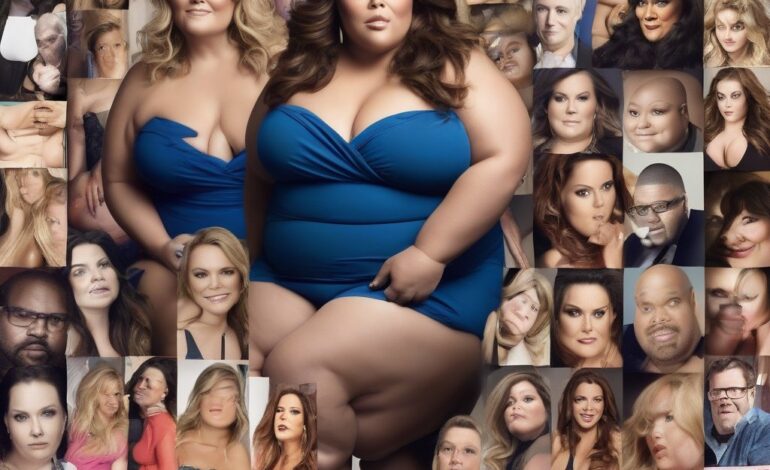When Headlines Attack: Celeb Bodies Under Fire

Here we go again—mass media doubling down on the one story we really needed: who’s “too fat” this week. In a timeline that reads like a grotesque Greatest Hits of cruelty, seven high-profile stars endured scathing fat-shaming from outlets eager for clicks. Remember when Adele’s 2015 London concert sparked tabloid tantrums over her “new curves”? The Guardian chronicled snarky headlines declaring she’d “let herself go” days after her record-breaking album soared (The Guardian, 2015). Fast-forward to Melissa McCarthy, who faced a public roast in 2012 when Entertainment Tonight pundits mocked her weight during the Oscars red carpet. McCarthy later quipped in The New York Times that she’d rather comment on world hunger than her dress size (The New York Times, 2012)—brutal proof that the media’s appetite for body-shaming knows no shame.
Kelly Clarkson didn’t escape unscathed either. In 2013, People Magazine ran a side-by-side photo spread captioned “Then vs. Now: Why Is Kelly Bigger?” igniting a firestorm. Clarkson, known for coaching The Voice, had to issue a statement on Instagram: “I’m healthy and strong,” she reminded critics (People, 2013). Chrissy Metz—fresh off breakout success in This Is Us—found tabloids drooling over her wardrobe “fails” in 2016. One headline from The Scottish Sun dubbed her “Too Round for TV,” a gem that prompted Metz to speak out on Good Morning America about the emotional toll of public scrutiny (GMA, 2016).
Then there’s Rebel Wilson, who weathered endless clickbait about her “weight loss journey” starting in 2019. The BBC flagged the trend: “Celeb Diet Diaries” often featured her as a cautionary tale rather than a success story (BBC, 2020). And who could forget Lizzo? When she hit #1 on the Billboard charts in 2019, critics sneered at her stage outfits rather than celebrate her voice. She fired back with viral tweets, reminding the media that body positivity doesn’t come with an expiration date (Twitter, 2019). Demi Lovato rounds out this shame spiral. After revealing struggles with an eating disorder in 2011, tabloids gleefully speculated on every pound gained or lost, despite her health disclosures on The Ellen DeGeneres Show (Ellen, 2011).
This isn’t just bad journalism; it’s a sustained campaign to police bodies under the guise of public interest. Every snide headline and unsolicited critique chips away at real people’s mental health. Next time your feed pings with a “shocking” celeb weight update, ask yourself: who’s really benefiting? And that’s today’s dose of reality. You’re welcome.
Sources: Celebrity Storm and People Magazine, The Guardian, BBC, Entertainment Tonight, The New York Times
AI Generated




